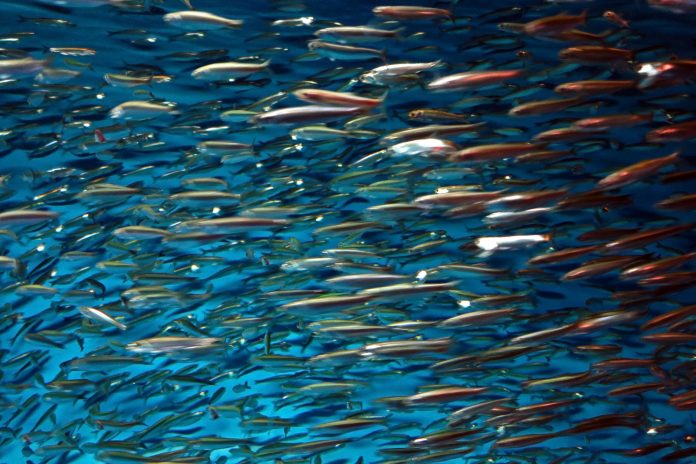Today, Members of the European Parliament’s Fisheries Committee adopted the new European Maritime and Fisheries Fund (EMFF), the financial component of the Common Fisheries Policy, for the period 2021-2027.
With €6.4 billion, the new fund will continue to support the European fisheries sector in the move towards more sustainable fishing practices and innovation. It will also support investments on board for the purpose of improving the safety or the working or living conditions of the crew or the quality of fish, within the capacity limits set for each Member State and without jeopardising the balance between fishing capacity and available fishing opportunities.
“We don’t want to increase the fishing vessels’ capacity to catch fish. But investments should be encouraged so that we have modern, more spacious vessels, where the crew can live and work easier, better and safer and where the quality of the fish is optimised”, said Gabriel Mato MEP, EPP Group Spokesman on Fisheries.
Other measures include compensation for permanent cessation, in cases where important restructuring of the fleet is necessary, as well as for temporary cessation, which “has played an essential role in improving the state of the stocks, as it allows for the establishment of closed seasons, while fishermen are compensated for their loss of income”, explained Mato.
“Another key objective was to simplify the conditions for granting aid, as currently, the legal framework is extremely complex. The new EMFF will present a simpler and more flexible architecture that would allow Member States and operators to use the funds according to their needs instead of being bound by a list of pre-defined measures and eligibility rules. It is a big improvement that will also make fishermen’s lives easier.”
Among other measures, small-scale coastal fisheries and outermost regions would receive special attention and aquaculture would be promoted.
“I am glad that this new fund will safeguard fishermen’s livelihoods and the future of fisheries-related industries and coastal communities, while ensuring the long-term sustainability of the marine environment and fish stocks”, concluded Mato.

